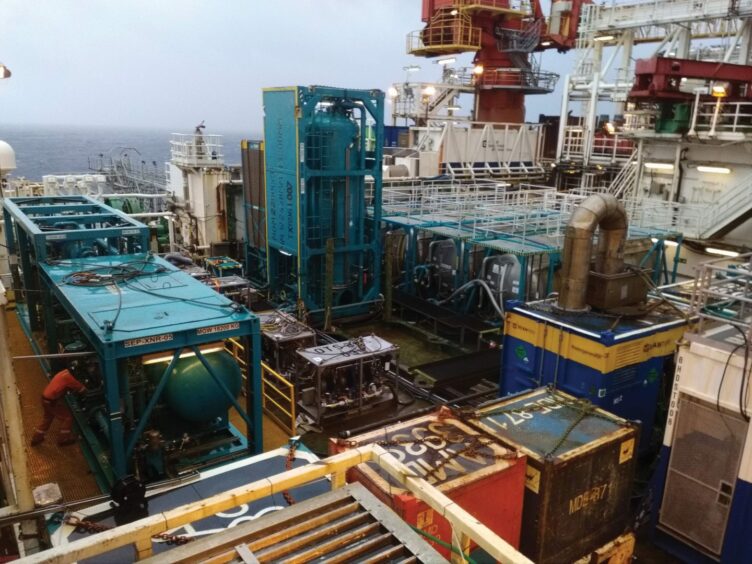
Prior to 2023, the importance of carbon capture utilisation and storage (CCUS) in decarbonisation strategies was somewhat understated.
However, CCUS is now recognised as a key tool to combat climate change and in achieving net-zero goals.
CCUS can be used to mitigate the release of carbon dioxide (CO2) from industrial processes or to remove it from the atmosphere as a negative emissions solution.
Both methods are considered by many governments around the world to be critical to
their energy transition strategy and a decarbonised future.
State of play
Currently, there are around 40 operational facilities globally, capturing over 45 Mt CO2 per year.
With more than 500 additional projects in the pipeline, it shows good progress but, as defined by the International Energy Agency (IEA), falls far short of the number required for the net-zero by 2050 scenario.
Market analysts predict that 6-8 Gt CO2 per year will need to be captured and stored by 2050 (two orders of magnitude greater than today), demonstrating the scale of the challenge faced.
The USA and Canada are spearheading the global movement, driven by government support.
Meanwhile, in Europe, the North Sea is positioning itself as a storage hub for the continent, where the nascent carbon market is taking shape.
The recent announcement of 21 carbon storage licences in the UK’s first-ever licensing round, along with a raft of financial pledges in the region are confirmation that this is a serious, long-term commitment.
A delicate path to tread
Despite all the positive news, there are some considerable hurdles to overcome before CCUS establishes itself as a robust and reliable industry.
The main barriers are effective policy, funding, and functional business models, all of which are required to give confidence to the private sector.
It is often said that the technical aspects of CO2 injection are proven, and there is a long history of successful enhanced oil recovery projects to support this.
The challenges will be the expedited delivery, rapid scale-up and flexibility to manage operational uncertainties.
The success of the early runners and flagship developments is critical.
Capturing and injecting CO2 at the planned rates will inspire confidence in the market and encourage more investment to drive forward future projects.
Technical excellence and implementation
Delivery will naturally become the focus as projects go live, and this is where service companies can add significant value. Expro has supported CCUS campaigns for almost 20 years and in all regions they operate around the world, using technology and expertise across the well lifecycle to optimise the development and operations of storage hubs.
Alongside existing unique products, Expro continues to develop new technologies designed to meet the demands of this fast-paced and technically demanding sector.
Notable successes include well flow management services for the Northern Lights appraisal test in Norway and surface flow management systems for the Gorgon project in Western Australia, both of which highlight Expro’s ability to adapt and optimise, building on an already strong portfolio.
For more details on these case studies and others visit www.expro.com/sustainable-energy-solutions/carbon-capture-utilization-and-storage-ccus
The future is in our hands
We are at a defining moment in the energy transition.
The actions taken today will impact the future of the planet and those living there. All measures to mitigate climate change must be considered and accelerated.
This includes the engineered removal of carbon dioxide, which will play an increasingly important role on the pathway to net zero.
Recommended for you

 © Supplied by Expro
© Supplied by Expro